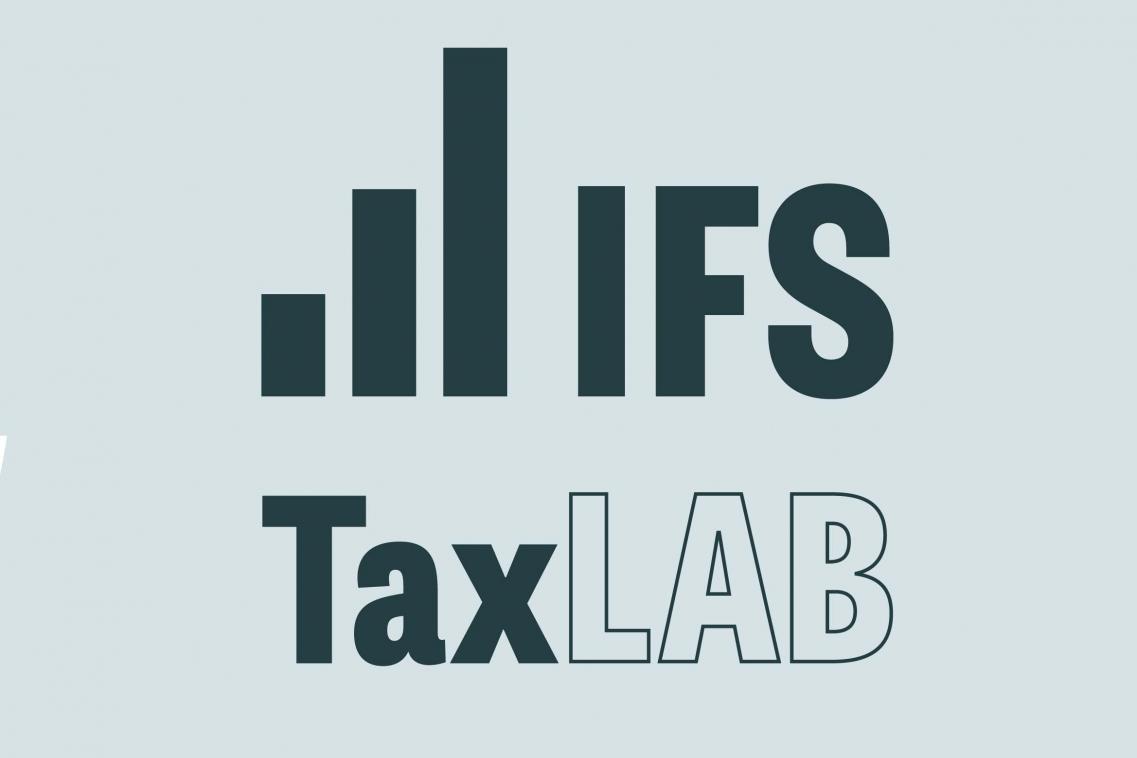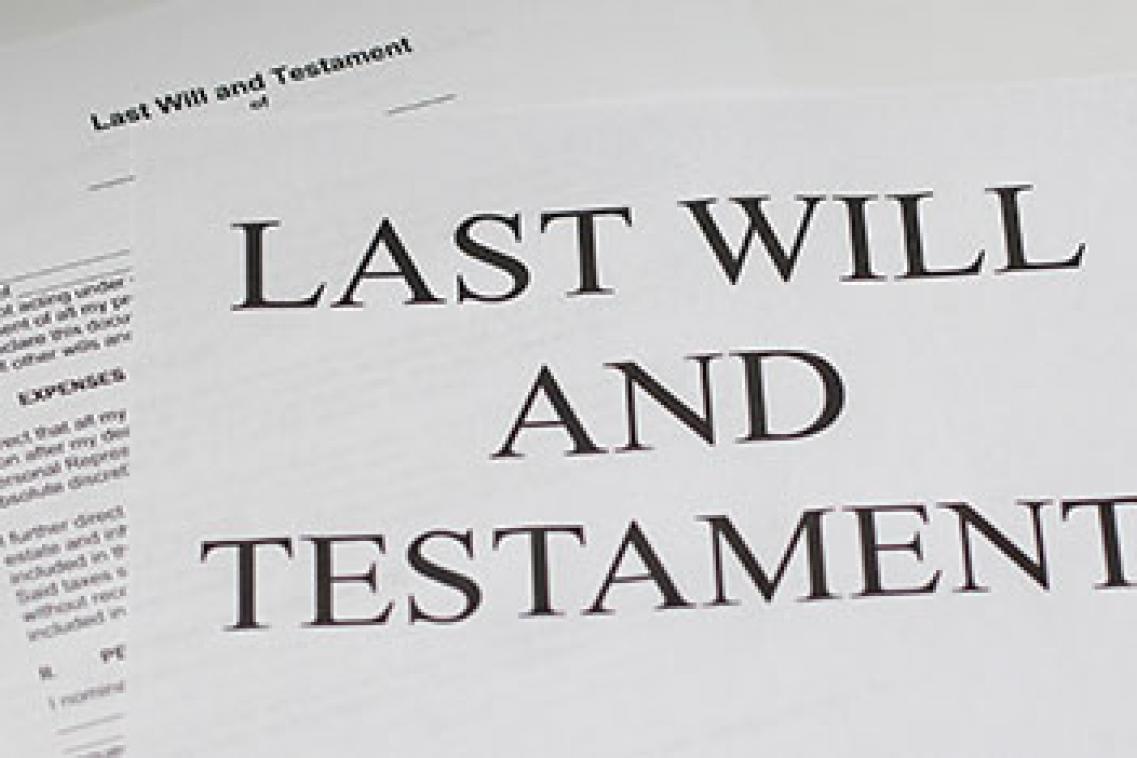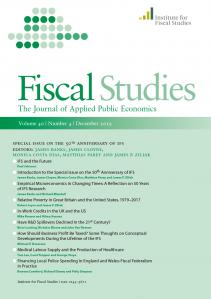Event
26 January 2021 at 14:00
<p>Please see above for details on how to watch this event online.</p>
At this event, we discussed findings from a new report, funded by the Nuffield Foundation, which sets out the problems with the current tax treatment of business owners’ incomes and investment and discusses how the government could take practical steps towards fixing them.








































